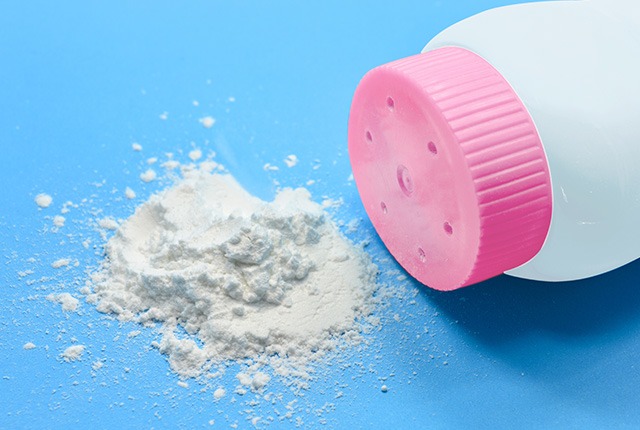More studies are being done to determine if talc may increase the risk of cancer. One of the newest studies link the compound to one type of cancer, mesothelioma. The information indicates that the risk is higher for those with prolonged use.
The Latest Study
The study was done in Newport News, Virginia by Peninsula Pathology Associates and is the most comprehensive one done on talc and cancer.
The study shows the potential for talc to increase the risk of users for developing a specific type of cancer, mesothelioma. This type of cancer is often associated with people who work in the construction industry or those who do renovations. One way to get this kind of cancer is through inhaling asbestos, which can be found in some construction materials in older properties.
The person inhales or ingests the asbestos fibers which then gather in the lungs. Over time, it can lead to cancer of the lining of the lungs. This is an aggressive type of cancer with a poor prognosis.
The study used 75 participants who had a diagnosis of mesothelioma. Out of the total, 64 were female, with limited exposure to asbestos. In fact, the participants were only exposed through asbestos found in talc, which is found in baby powder and cosmetics, among other products.
Out of the 75 patients, four of them were exposed over many years because of their jobs as barbers or cosmetologists. In general, the median age of diagnosis for this type of cancer is 73, but twelve of the participants were younger than 45.
One of the findings in the study was that many of the people were exposed to talc over a period of years or even decades. The study didn’t indicate how much exposure each person had.
More Danger to Women
One of the primary results from the study was showing that people who weren’t involved in jobs traditionally allowing for exposure to asbestos could also develop the cancer. This follows a developing trend with more people being diagnosed with mesothelioma who don’t fit the normal rules, especially as it pertains to women.
Asbestos is more common in cosmetic products than one might imagine. Talc and asbestos are often found in the same areas. It is the responsibility of the manufacturer to purify the talc and remove the asbestos before using the compound in products. However, the FDA tested 52 cosmetic products in the first quarter of 2020 and discover the presence of the carcinogen in nine of them.
One of the biggest manufacturers being hit by this issue is Johnson & Johnson with asbestos being linked to their baby powder. Experts suggest that talc be banned while others say that cosmetic products should be subject to regulation to ensure the safety of consumers.
There is no cure for mesothelioma at this time. Chemotherapy and radiotherapy are the most common forms of treatment to manage the condition. However, it still carries a terminal diagnosis. More studies are being done to determine how dangerous talc is for this and other types of cancer.

